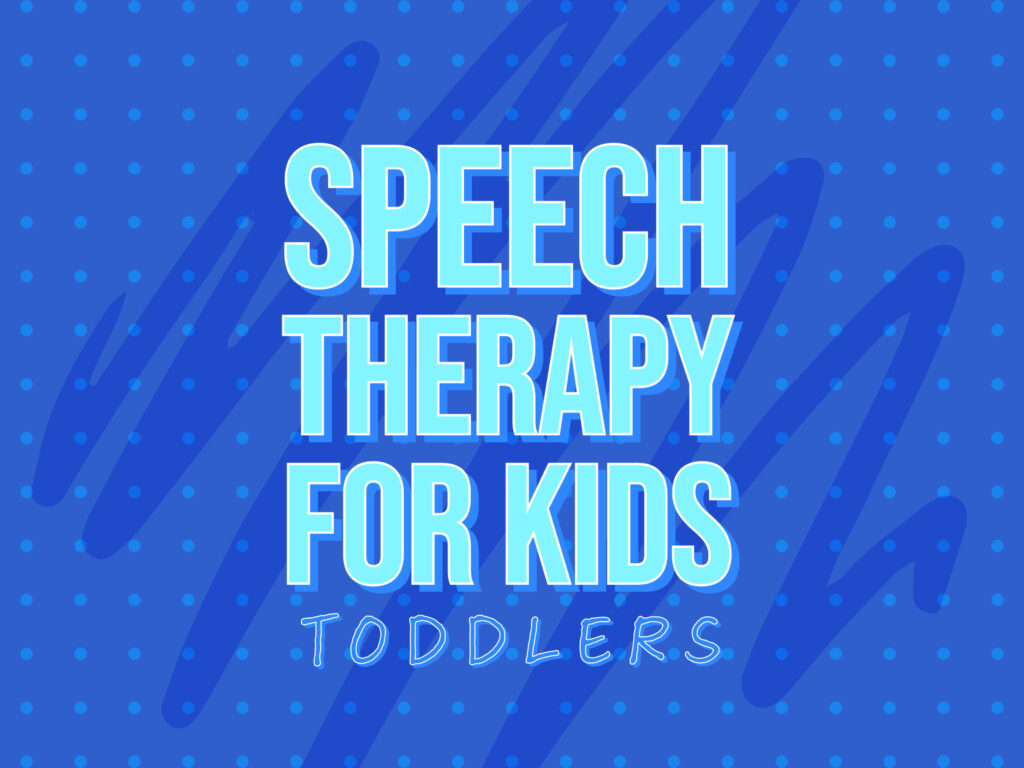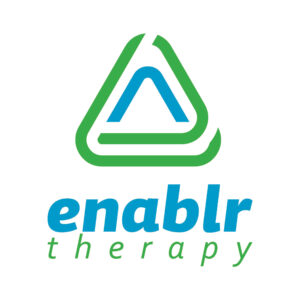As a parent, watching your child grow and develop is one of life’s greatest joys. Every milestone, from the first smile to the first words, is a cause for celebration. However, when speech and language development doesn’t follow the typical path, it can be a source of concern. If you’ve noticed your child struggling with communication, speech therapy for toddlers can be a transformative solution. Early intervention through speech therapy can help unlock your child’s full potential and set them on a path to successful communication.
Why Speech Therapy for Toddlers?
Speech therapy is not just for older children or adults; it can be incredibly beneficial for toddlers. The early years are a critical period for speech and language development. During this time, the brain is highly adaptable, making it an ideal period for intervention. Here’s why speech therapy for toddlers is so important:
Speech therapy is not just for older children or adults; it can be incredibly beneficial for toddlers. The early years are a critical period for speech and language development. During this time, the brain is highly adaptable, making it an ideal period for intervention. Here’s why speech therapy for toddlers is so important:
1. Early Identification of Issues
Speech therapy can help identify and address speech and language issues early on. Whether it’s difficulty with articulation, limited vocabulary, or challenges with understanding language, early detection allows for timely intervention.
2. Enhanced Communication Skills
By addressing speech and language delays early, toddlers can improve their ability to communicate effectively. This includes not only speaking but also understanding and using language appropriately.
3. Improved Social Skills
Effective communication is key to social interaction. Speech therapy can help toddlers develop the skills they need to interact with peers, express their needs, and participate in group activities, enhancing their social development.
4. Boosted Confidence
As toddlers gain communication skills, they become more confident in expressing themselves. This confidence can positively impact their overall development and willingness to engage with the world around them.
Signs Your Toddler Might Need Speech Therapy
It can be challenging to determine whether your toddler’s speech and language development is on track. Here are some signs that may indicate the need for speech therapy:
- Limited Vocabulary: By age 2, your toddler should be using a variety of words and starting to combine them into short phrases.
- Difficulty Understanding Language: If your toddler seems to have trouble following simple instructions or understanding basic concepts, it may be a sign of a language delay.
- Unclear Speech: While it’s normal for toddlers to have some speech errors, persistent difficulty with articulation that makes their speech hard to understand may need attention.
- Frustration with Communication: If your toddler frequently gets frustrated when trying to communicate, it could indicate an underlying speech or language issue.
- Lack of Social Interaction: If your toddler shows little interest in interacting with others or has difficulty engaging in play, it may be related to communication challenges.
What to Expect from Speech Therapy for Toddlers
Speech therapy for toddlers is tailored to meet the unique needs of young children. Here’s what you can expect from the process:
1. Initial Assessment
The speech-language pathologist (SLP) will conduct a comprehensive assessment to evaluate your toddler’s speech and language skills. This may include observing your child’s play, listening to their speech, and asking you about their developmental history.
2. Individualized Treatment Plan
Based on the assessment, the SLP will create a personalized treatment plan that addresses your toddler’s specific needs. This plan will include goals and activities designed to enhance their speech and language development.
3. Play-Based Therapy
Therapy sessions for toddlers are often play-based to keep them engaged and motivated. Activities might include games, storytelling, singing, and using toys to encourage communication.
4. Parental Involvement
Parents play a crucial role in their toddler’s speech therapy. The SLP will provide you with strategies and activities to practice at home, ensuring that therapy continues outside of sessions.
Speech therapy can be a powerful tool in supporting your toddler’s speech and language development. Early intervention not only addresses communication challenges but also fosters social skills, confidence, and overall development. If you have concerns about your toddler’s speech and language skills, consulting with a speech-language pathologist is the first step toward unlocking their full potential. Remember, it’s never too early to seek help and make a positive impact on your child’s future.



